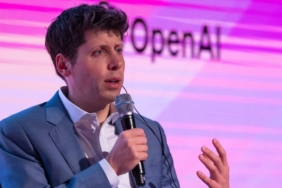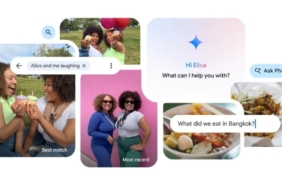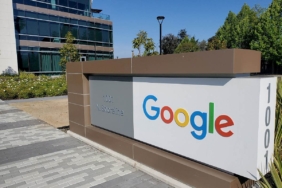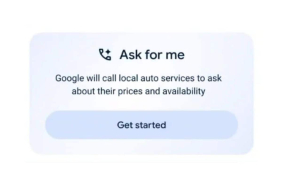Microsoft is set to introduce a revamped version of its Microsoft 365 Copilot application in the near future. This application, which functions as a central hub for Office documents and incorporates Microsoft’s artificial intelligence tools, is increasingly aligning with the consumer Copilot features. Enhancements include an AI-driven search capability, a new Create feature for image generation using OpenAI’s GPT-4o model, and Notebooks designed for compact AI project management.
Although the Microsoft 365 Copilot will not feature the elegant home interface typical of the consumer version, it has adopted a chat interface as its default, which is beginning to resemble that of the consumer variant. This chat interface now includes memory and personalization features similar to those in the consumer version, allowing it to understand user preferences and work habits for more tailored responses.
Jon Friedman, corporate vice president of design and research at Microsoft, described the extensive redesign of Microsoft 365 Copilot, stating, “We re-built the app from the ground up. We’re setting the stage for the next wave of computing where Microsoft 365 Copilot will begin to truly understand you through its memory and comprehension, bringing you the tools that are most relevant to your needs.”
The new features include an AI-driven enterprise search that interfaces with third-party applications such as ServiceNow, Google Drive, Slack, Confluence, and Jira, enabling businesses to receive more pertinent search results—even if they do not use the entirety of Microsoft’s offerings.
The updated Microsoft 365 Copilot shares a design aesthetic with the consumer version. It features Pages, which was introduced in September as a key aspect of the redesign. Pages enables collaboration with AI agents, allowing users to share them with colleagues who can edit them collaboratively, akin to co-editing a Word document. “We modeled this functionality after Loop, making it accessible across Outlook, Teams, and the wider ecosystem,” Friedman stated.
Additionally, Microsoft has introduced Notebooks to the Copilot suite. Friedman elaborated, saying, “Notebooks are curated project-based collections that allow users to assemble information surrounding a particular dataset in the Office Graph.” Users can think of Notebooks as a compilation of pages, links, and files that can be shared with Copilot to precisely address queries about specific projects.
The app also features a new section called Copilot Create, which represents the evolution of Microsoft’s Designer product. This feature enables users to produce images, videos, surveys, and additional content for Office documents, utilizing OpenAI’s GPT-4o model. For example, users can now generate AI-created art reminiscent of Studio Ghibli for use in PowerPoint presentations.
Central to this latest version is a new agent store, providing users quick access to AI agents from Microsoft and third parties. This store includes researcher and analyst agents, with quick availability through the left pane of the application. Friedman noted, “We’re optimizing the entire left pane for content management rather than application navigation.”
While differences remain between the consumer and commercial Copilot applications, Friedman emphasized the need for distinction. He remarked, “In consumer environments, there’s flexibility to personalize deeply, while in professional settings, the dynamics require a more structured approach. We envision Copilot as a unified branding experience that transitions from a warm, personal tool to a high-performance, professional assistant.”
The refreshed Copilot for business is being launched in conjunction with Microsoft’s annual work trend index, which is compiled from a survey of businesses, Microsoft 365 telemetry, and LinkedIn’s employment data. Microsoft identifies a new type of organization—the “Frontier Firm”—emerging as a hybrid of AI tools and human oversight.
“As AI agents become more commonplace in the workforce, we will see the rise of the agent boss,” explains Jared Spataro, Microsoft’s chief marketing officer for AI at work. “People will need to delegate tasks to AI agents to enhance their productivity and take charge of their careers in this AI-driven landscape.”
The term “agent boss” echoes the evolving role of AI within organizations, suggesting a shift in how work is managed. Microsoft also cautions that organizations must consider the balance between the amount of AI agents deployed and the number of humans needed to guide them. Although AI agents are expected to automate tasks, the complexity of these roles raises questions about their future autonomy.
Correction, April 23rd: An earlier version of this article stated that Pages was new, but it was first announced in September.









